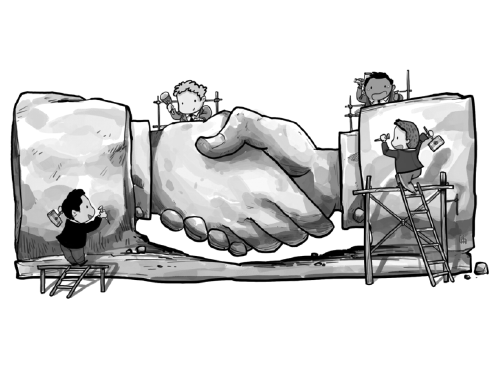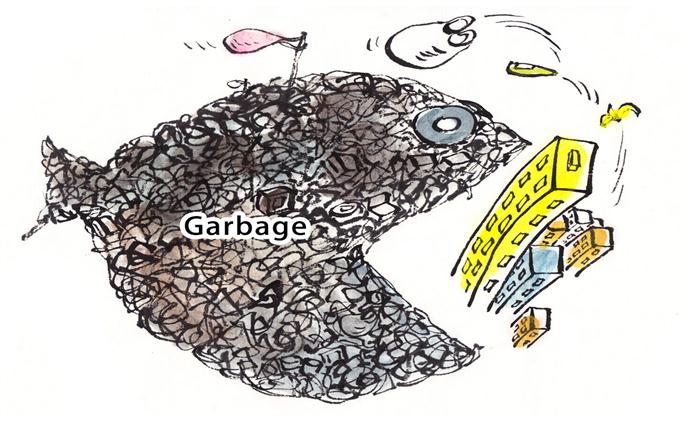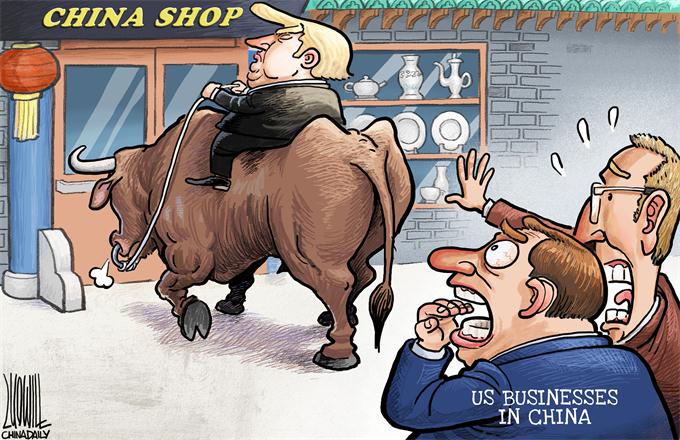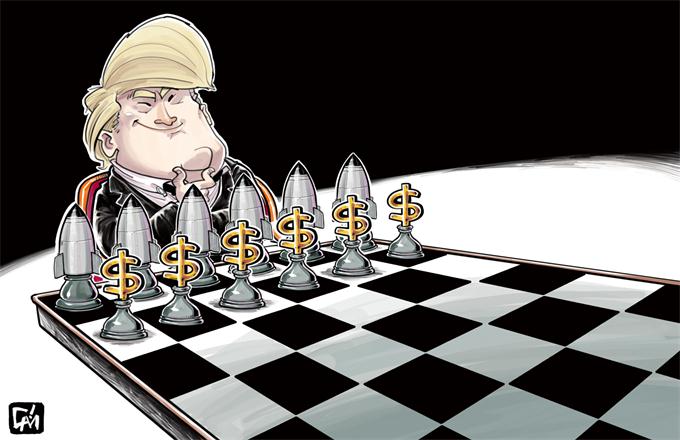Will initiative help build a fairer world order?
 |
|
CAI MENG/CHINA DAILY |

In the three years since Chinese President Xi Jinping proposed it, the Belt and Road Initiative (the Silk Road Economic Belt and 21st Century Maritime Silk Road) has attracted many countries aspiring for true win-win cooperation, as opposed to the West-centric globalization.
The rise of trade protectionism in some Western countries has cast a shadow over the already weakening global economic growth. The Beijing-led initiative, however, is gaining fresh support to serve as an apt alternative and cover areas long neglected by the West-centric globalization and help embattled economies tide over the continuing fallout of the global financial crisis.
This year has seen major Belt and Road projects making huge progress and beginning to generate decent dividends for countries along the two routes. With a capacity of 50 megawatts and an annual average power generation of about 317 gigawatt hours, the Upper Marsyangdi A Hydropower Station, the first hydroelectric project built in Nepal by a Chinese enterprise (the Power Construction Corporation of China), has been put into operation.
The Addis Ababa-Djibouti Railway, which connects the capital cities of Ethiopia and Djibouti and was inaugurated two months ago, is Africa's first cross-border standard gauge rail line as well as the first railway built completely on Chinese standards, technology and equipment outside China. Such projects, completed or under construction, are a boon for countries with underdeveloped infrastructure and have great potential to increase local employment and economic growth.
Moreover, an increasing number of Chinese enterprises, including private ones, are willing to explore overseas markets covered by the Belt and Road Initiative.
Non-State capital has played a key role in advancing big multinational projects. On the one hand, many private enterprises have felt a strong urge to relocate their excessive capacity in apt overseas markets in their pursuit of industrial transformation. On the other hand, sensing untapped business opportunities embedded in some countries along the two routes, they have sought to follow and work with their State-owned counterparts there.
Private enterprises' increasingly active participation in such projects further promotes the Belt and Road Initiative. As a result, more countries along the routes are now willing to cooperate with Chinese companies, adding more weight to China's capability to be a leader in global governance.
The new Addis Ababa-Djibouti Railway, for instance, is a game-changer in the eyes of some local officials, because it can reinforce the development of industrial parks, special economic zones and other industrial chains along the way. The same changes have also been felt by countries like Cambodia, Laos and Myanmar after three years of cooperation.
As China strives to have a bigger say in global affairs through major international events such as the G20 Leaders Summit in Hangzhou, East China's Zhejiang province, and the 8th BRICS Summit in Goa, India, its Belt and Road Initiative is expected to serve as a leading platform for more countries to cooperate on an equal footing.
That the country is scheduled to hold the first international cooperation summit forum on the Belt and Road Initiative next year may help transform more interested observers into participants. Once a proposal, the initiative will produce both tangible and intangible fruits to safeguard peaceful development and recalibrate the world order in a fairer, more reasonable direction.
The author is an associate professor at the University of International Relations, and a research fellow at the Center for China and Globalization.



















